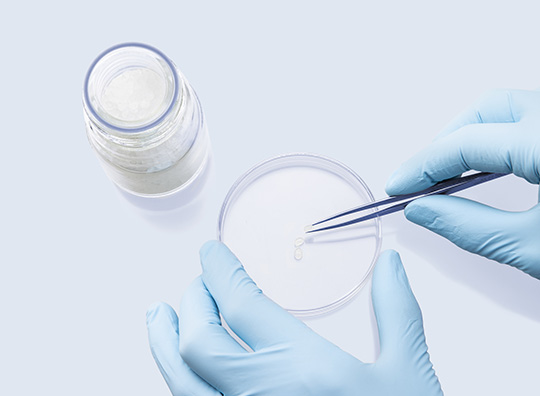
Polymers, Elastomers
Polymers and elastomers are essential to our everyday life – as elements of our biological architecture or as synthetic plastics. Anton Paar’s solutions provide unique information on properties such as structure stability, elasticity and flow behavior, for complete investigations on polymer and elastomer chains in numerous applications. Find the measuring instrument that meets your particular needs in the instrument list below – or let us help you find the best solution by contacting us directly.
Anton Paar Products
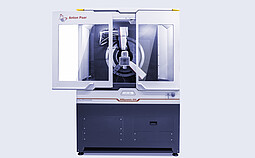
XRDynamic 500
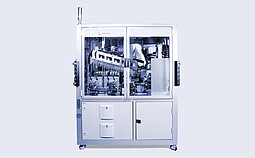
HTR 7000
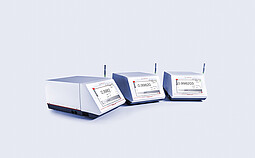
DMA

Abbemat Essential

Nova 600 BET
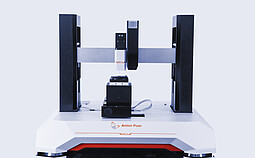
UNHT³ Bio
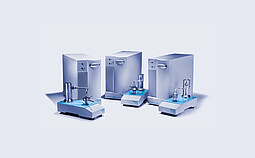
Porometer 3G
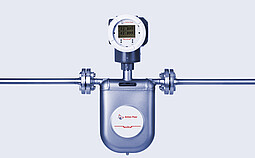
L-Cor 8000

L-Cor 4000

Cora 5001 Direct Standard

Cora 5001 Fiber Process Monitoring
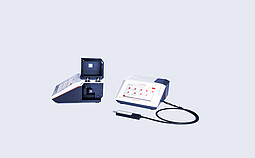
Cora 5001 Fiber Standard
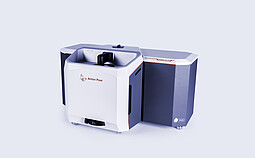
Litesizer DIA

Litesizer DLS
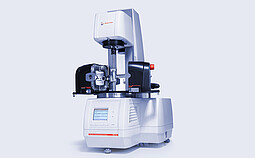
MCR 702e MultiDrive
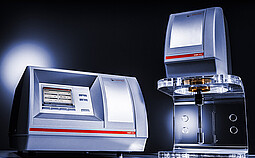
DSR 502
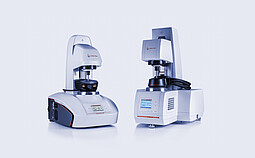
SmartPave

MCR
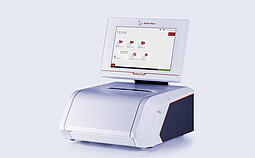
Lyza
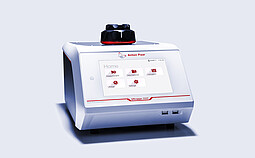
Ultrapyc
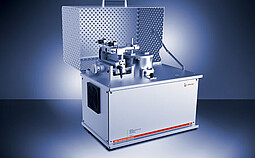
THT
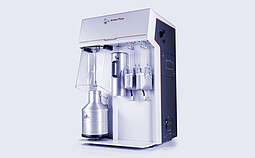
Autosorb

iSorb
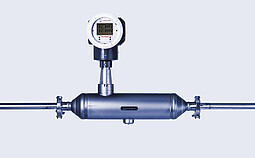
L-Cor 6000
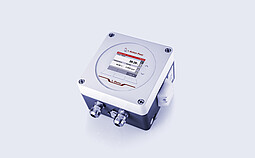
L-Dens 3300

L-Rix
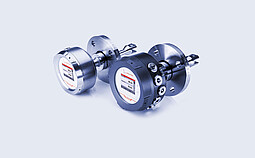
L-Sonic 5100
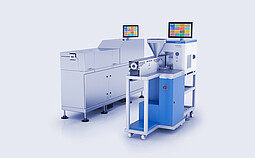
TwinLab

Abbemat Advanced

Litesizer DIF
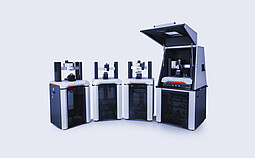
Step
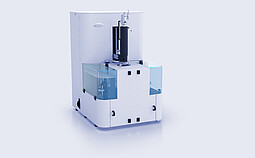
PoreMaster
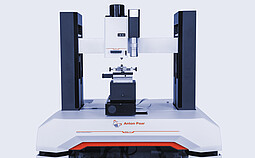
MCT³

Multiwave

Multiwave GO Plus

Monowave
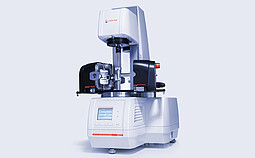
MCR 702e
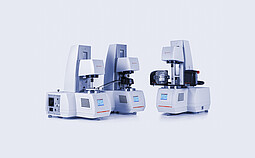
MCR 102e/302e/502e
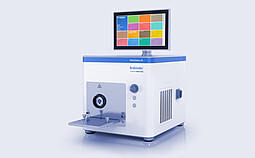
Brabender MetaStation 4

Chemical Measurement System

Polymer Measurement Systems
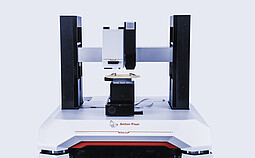
NST³
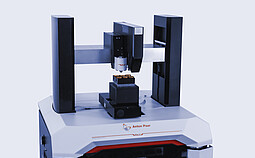
NHT³
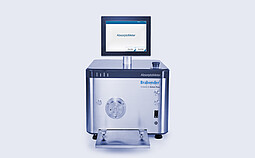
Brabender AbsorptoMeter

PMA
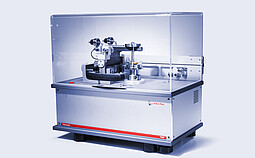
TRB³

SmartMelt

DMA 35 Standard

Chemical Starter Kit

RST
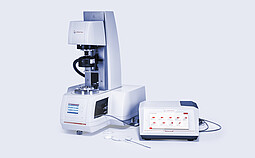
MCR Evolution & Cora 5001

Lovis 2001

SAXSpoint 500

SAXSpoint 700
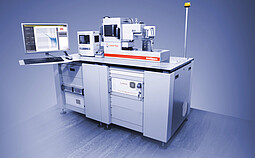
SAXSpace
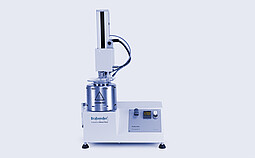
Brabender Viscograph-E
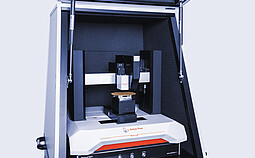
UNHT³
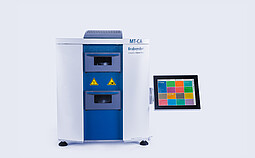
Brabender MT-CA
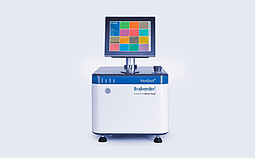
Brabender ViscoQuick
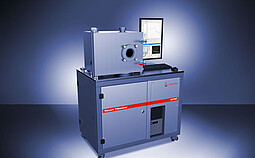
TRB V / THT V
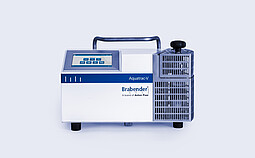
Brabender Aquatrac-V

